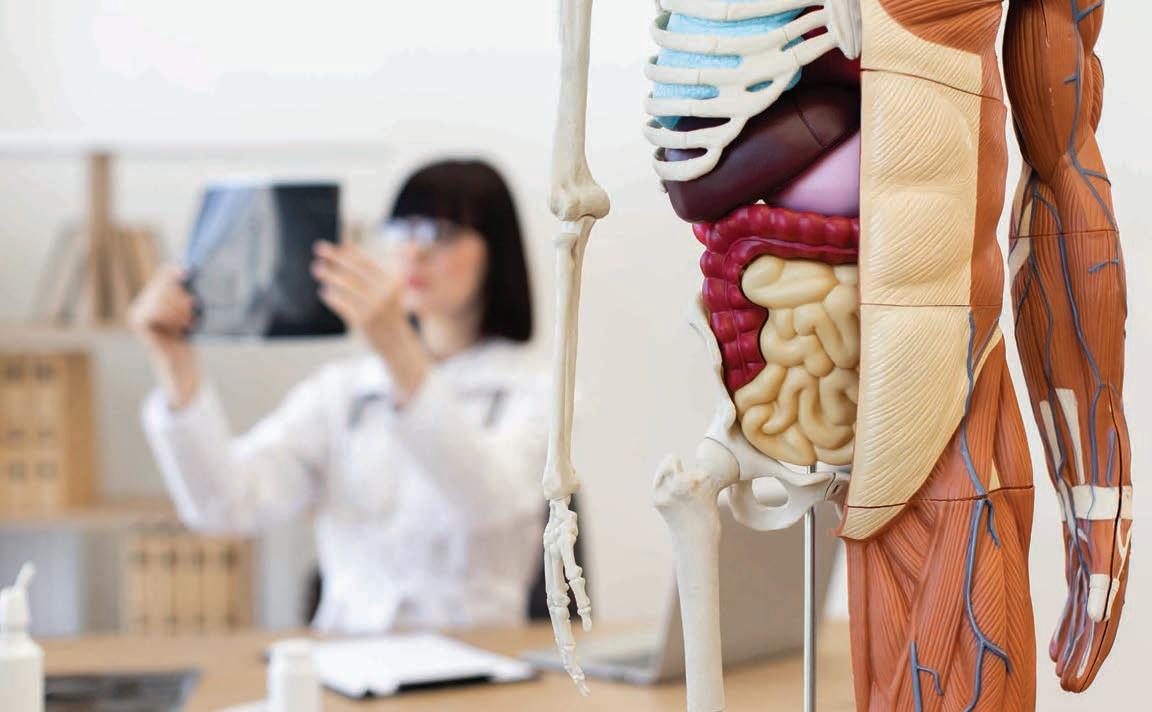
2 minute read
Innovation, does new always mean better?
We spoke to Associate Professor Bernadette Richards from The University of Queensland Medical School about what new and innovative treatments in medicine really mean for patients.

“Patients often hear 'innovative' and think it means better. But that is not always the case," Assoc Prof Richards tells Bridge. "Depending on the risk involved in a new treatment, how invasive it is, and if it is reversible, the older tried-and-tested treatments are sometimes better for the individual.”
“Recently my research has been around consent for innovation in treatments. I want to empower patients to ask questions and unpack what they are being offered before making decisions.”
“With new treatments and innovations in medicine there might not always be a lot of information around the risks versus the benefits. Your doctor's experience with the new treatment may be limited, and they may only be learning the pros and cons with each patient. This is not a reason to avoid new treatments, but it is a reason to ask questions and health professionals have to be open and transparent and try to articulate the known and potential risks involved. Patients can consent to the unknown, but the reality of unknown risks and benefits must be made clear to them. The trust patients place in their doctors depends upon open communication. Whether a patient consents to innovative treatment will depend on the medical treatment being discussed and the patient's tolerance of risk.”
QUESTIONS TO ASK YOUR HEALTHCARE PROVIDER ABOUT YOUR TREATMENT:
Is it better or just new?
What does it o er that older treatments don’t?
Have you done this procedure before?
What is your personal experience of results so far?
What do your know about the risks?
How many patients have already had it and were they in Australia?
Can it be reversed/removed if unsuccessful?
If part of a clinical trial, what continued care and access to the treatment will I receive after the end of the trial?
For more information about treatments available for your bladder and bowel symptoms, call the National Continence Helpline 1800330066 Mon-Fri 8am-8pm AEST.






